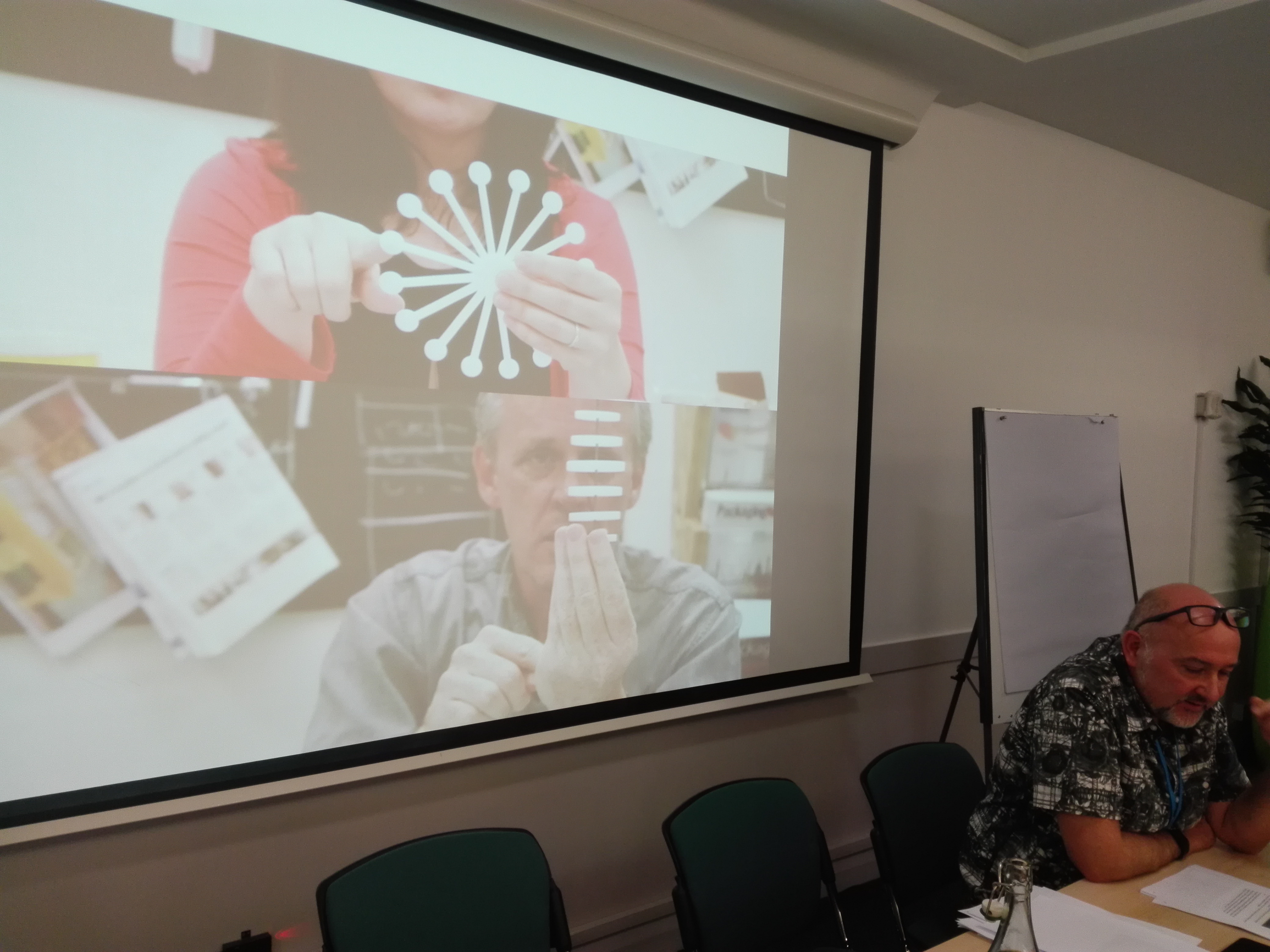CHEAD Membership & Networking Meeting, Thursday 15th December 2016 at Woburn House
The trend towards increasing use of data and machine learning presents great opportunities for design research. However, the increasing reliance on metrics in decision support — now moving towards full-blown automated decision-making — presents far-reaching challenges to key academic processes such as peer-review and teaching quality assessment. Data science can be frustratingly opaque to the uninitiated and yet it seems fundamentally important that we are able to engage effectively with this emerging dominance of metrics.
Our December Membership and Network meeting was themed around issues relating to data and metrics in HE with the morning devoted to data and machine learning in design research and innovation whilst the afternoon was devoted to the role of metrics in academic decision making and policy.
The morning began with a design research panel: multi-critical and innovative approaches in art and design. Prof Ian Gwilt from Lab4Living at SHU opened with his research in data visualisation – novel approaches for creating debate and engagement and hybrid creative practices. Dr Simone Gumtau from the University of Portsmouth followed with a visual presentation of her work on data visualisation design in a marine engineering context. This was followed by an engaging presentation of Chris Gutteridge’s work at Southampton University using open data in HE: getting more value from what we already know — bringing together internal data sets to provide simple solutions which make a significant contribution to student satisfaction at minimal cost.

George Windsor, NESTA
The afternoon panel took on the debates around the use of metrics in HE decision-making. Prof Vicky Gunn of Glasgow School of Art led with a detailed overview and discussion of TEF metrics (and CHEAD will be responding to requests for follow-on workshops TBA shortly). This was followed by Dr George Windsor of NESTA presenting an overview of NESTA’s work on innovation analytics: using new data and measurement for innovation policy. The panel concluded with an overview from George Dibb and Jack Tindale, Policy Connect, on data for policy: narration, relevance and trust.
This was a stimulating and engaging session. CHEAD is continuing to work with the day’s presenters to take these themes forward through our consultation process for the New DLHE consultation and through co-funding further research led by Prof Gwilt as well as developing our partnership and research with Policy Connect.

